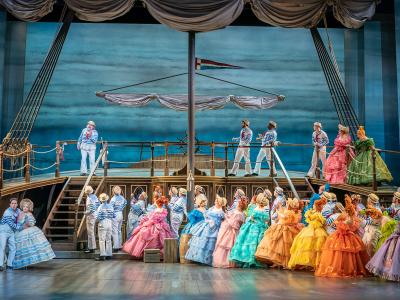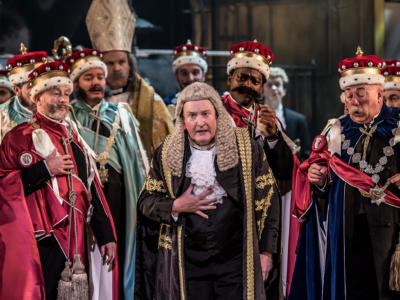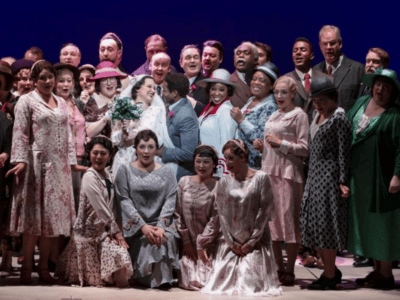The beginner's guide to Handel
German-born Englishman, George Frideric Handel, is one of the best-known composers from the Baroque period. Find out a bit more about the man who spent the most part of his life bringing opera to the London stage…
George Frideric Handel was a German Baroque composer...
The son of a lawyer, Handel had to initially hide his musical interest from his father. However, at 17 he became a church organist, and went on play in opera orchestras in Hamburg. At just 21, Handel moved to Italy to develop his skills as a composer, and had considerable success with his first ever operas. In 1714 Handel finally settled in England, and transformed British music and opera tastes. He is now best known for operas such as Rinaldo (his first London success), Rodelinda and Acis and Galatea (his first staged opera set to an English libretto).
Video
Handel wrote an anthem for King George II that has been used in every coronation since…
In 1727, Handel was commissioned to write a piece of music for King George’s coronation. Zadok the Priest was performed on the 11 October and has been part of every British Coronation since. In fact, throughout his life, Handel worked with many British Monarchs: he wrote Ode for the Birthday of Queen Anne for her birthday in 1731; and composed The Water Music for King George I royal water party along the Thames.
Video
He was appointed Master of the Orchestra of London’s first Italian opera company...
The Royal Academy of Music was founded in 1719, by a group of aristocrats who wants to ensure London had a constant flow of Italian Baroque opera. Handel was responsible for putting on operas at the academy, and wrote some of his greatest masterpieces (Giulio Cesare; Rodelinda) while in his position there. This Royal Academy of Music is not connected to the London conservatoire that still survives today, unlike Handel’s academy which collapsed at the end of 1734.
Video
He was composing music even after he had completely lost his eyesight...
By 1750, Handel had suffered two strokes and entirely lost sight in his left eye. His passion for music propelled him to continue composing and performing, even after losing sight in both eyes just two years later. Even with all his health complications, Handel lived to the age of 74. Having never married, or fathered any children, he divided his assets among his servants, and gave generously to charities. He is buried in Westminster Abbey, in the south transept.
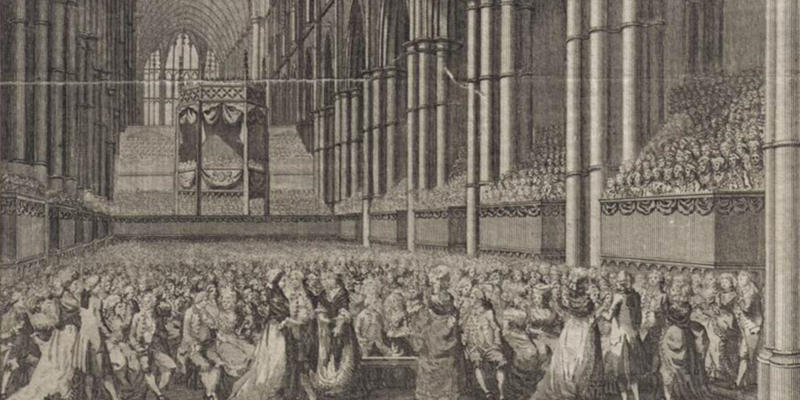
Commemoration of Handel at Westminster Abbey in 1784
Another famous musician lived at his London house some 200 years later...
In the summer of 1723, Handel moved into 25 Brook Street and lived there until his death, 36 years later. After his death, the tenancy was filled by the likes of ministers, dentists and art dealers, until 1968, when a very famous musician moved in. Jimi Hendrix moved into the flat on the upper floors of 23 brook street after his girlfriend saw an advert in a newspaper. After just less than a year at the flat, Jimi flew back to New York and didn’t return to 23 Brook Street.
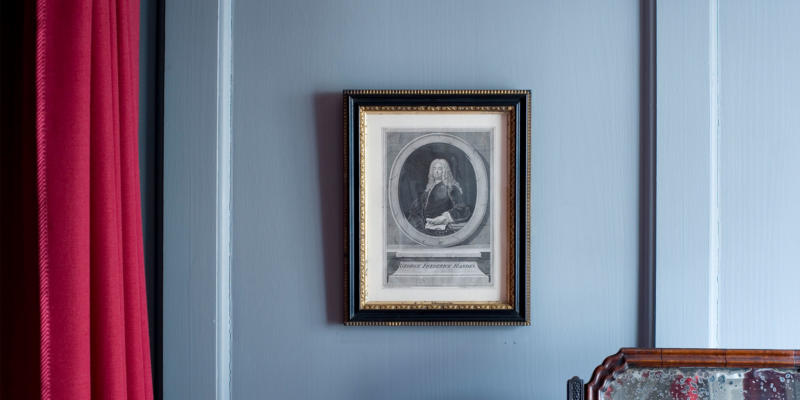
Portrait of Handel hung in his bedroom at London’s House of Handel
Handel shares more in common with fellow composer Bach than just profession…
The composers are not only both German, but were born in the same year and grew up only 200 kilometres apart. They are both successful composers from the baroque period, although most of Johann Sebastian Bach’s fame grew after his death. Coincidentally, both composers suffered problems with their eyesight as they grew older, and sought the help of oculist John Taylor for relief from their cataract. Needless to say, the painful surgery was unsuccessful; Handel lived the last decade of his life with declining eyesight, and Bach died following complications from the surgery.
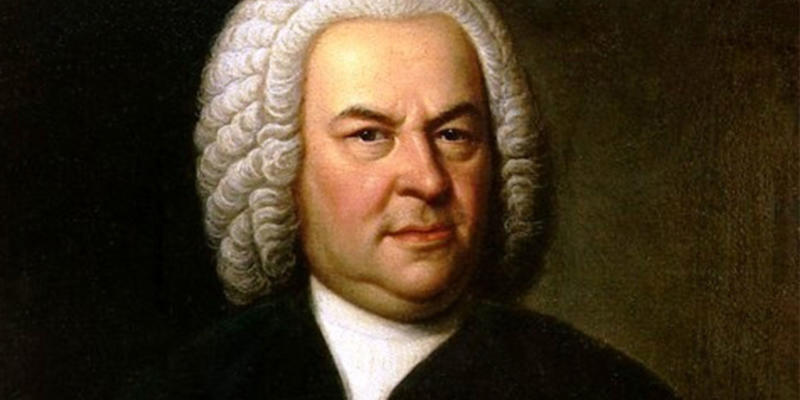
Copy or second version of Elias Gottlob Haussmann 1746 canvas of Johann Sebastian Bach. The original painting hangs in the upstairs gallery of the Altes Rathaus (Old Town Hall) in Leipzig, Germany.
Video


